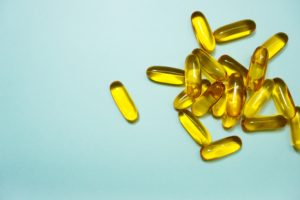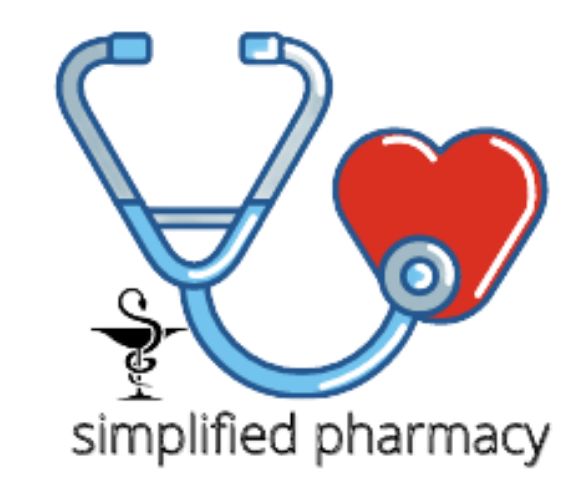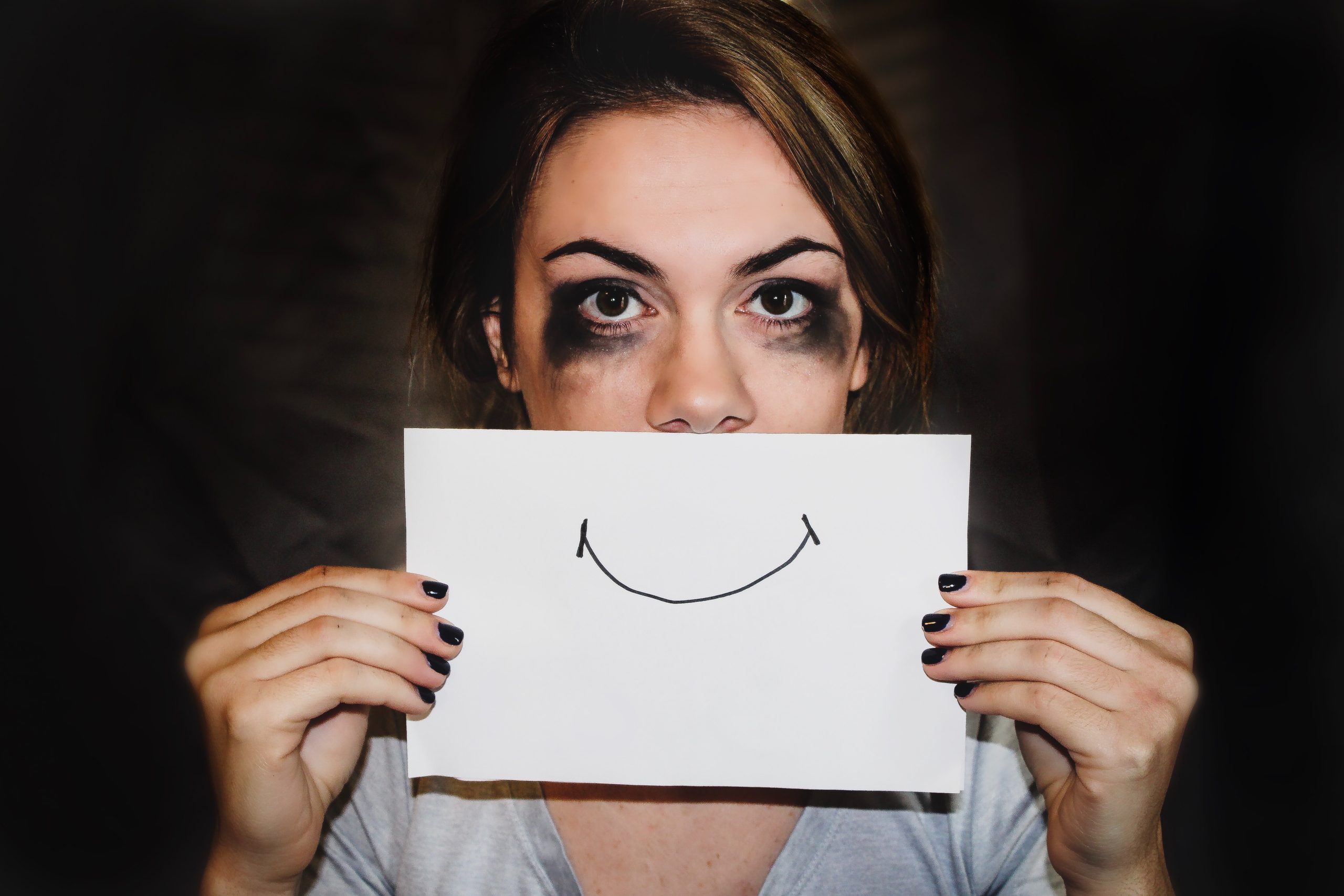What is Depression?
Feeling down, sad or desperate happens to us all, all the time. However, people with diagnosed clinical depression have these feeling longer than others. It may affect their work, relationships and quality of life. It’s not easy to have a life where most of the time you are feeling worthless, hopeless or depressed nearly everyday depending on the severity of the depression.
Depression is one of the most common mental health problems. Depression is a potentially life -threatening disorder that affects hundreds of millions of people all over the world. It can occur at any age from childhood to late life and, if left untreated, can be fatal.
What can cause depression?
Genes: Chances of getting depression increases if it runs through your family. Mental disorders in general are believed to be inherited.
Environmental: It differs from one person to another. It depends on the level of stresses you faced throughout your life, any abuse as a child, being neglected or having low self esteem.
Brain chemicals imbalances: Functional deficiency in the brain neurotransmitters which are serotonin, dopamine and norepinephrine. They are responsible for many behavioral symptoms, such as mood, vigilance, motivation, fatigue, and psychomotor agitation or retardation. Abnormal function and the behavioral consequences of depression may arise from altered synthesis, storage, or release of these neurotransmitters.
Physical illness: Living with a chronic illness can contribute to being depressed. Like having strokes, heart attacks, cancer or an underactive thyroid.
Symptoms
- Feeling sad and/ or crying spells.
- Feeling worthlessness, guilt, regret, helplessness or hopelessness.
- Sleeping a lot more or a lot less than usual.
- Withdrawal from social situations, family gatherings and activity with friends.
- Reduced sexual drive.
- Gaining or losing weight.
- Suicidal thoughts.
Natural ways to treat depression
People might want to start fighting depression on their own before trying prescription medications. Sometimes changing your lifestyle can help you put the missing pieces together, and help you get through it.
Exercise
Exercise has a positive effect on depression due to an increased release of β-endorphins following exercise. Endorphins are related to a positive mood and an overall enhanced sense of well-being. Also leads to an increase in the availability of brain neurotransmitters (e.g., serotonin, dopamine, and norepinephrine) that are diminished with depression. These neurotransmitters increase in plasma and urine following exercise.
Eating healthy food
The diet may have a significant effect on preventing and treating depression for the individual. Balanced dietary patterns such as the Mediterranean diet and certain foods such as fish, fresh vegetables, and fruits have been associated with a lower risk of depression or depressive symptoms.
On the other hand, sugar intake was associated with depression because it altered endorphin levels and oxidative stress. Adopting an anti-inflammatory diet may be an effective intervention or preventative means of reducing depression risk and symptoms.
Having a routine
Having a routine remove the daily stress/burden of not knowing what to do. So if you plan what you are going to do everyday, it will make your life easier. Having habits and routine will make you get more done with less mental energy spent as you wake up everyday knowing exactly what you are supposed to do instead of going randomly throughout the day.
Become more assertive
This is specifically for people who are passive or passive aggressive when dealing with others. You get stepped over a lot, people take advantage of you and you want to please them. This can put you in a position of frustration and resentment. So therefore you will eventually become depressed. Learning to say “NO” can be the first step you can take towards becoming more assertive, therefore having less stress and burden and less depressed.
Sleep
There is strong evidence to support the role of the sleep-wake cycle and circadian rhythm in the pathogenesis of major psychiatric disorders, particularly depression.
Keeping a consistent bedtime and wake time sets aside the requisite 7-9 hours of sleep, and gives your body the opportunity for a full night of sleep. Additionally, establishing a nightly routine provides a cue for your body to begin winding down and prime itself for sleep.
Natural supplements for depression
Omega-3
Supplementing with both DHA and EPA can help reduce symptoms of depression. Omega-3 fatty acids were shown to be more effective than placebo for depression in both adults and children in small controlled studies.
Dose: 1 to 2 g/day of an EPA+DHA combination, with at least 60% EPA, for major depression.
St John’s Warts
St John’s wort is a popular herbal remedy recommended by Traditional Chinese Medicine (TCM) practitioners and licensed and widely prescribed for depression in many European countries.
For patients with mild-to-moderate depression, St John’s wort has comparable efficacy and safety when compared to SSRIs. Follow-up studies carried out over a longer duration should be planned to ascertain its benefits.
Dose: The most common dose used in studies has been 300 milligrams, three times a day as a standardized extract.
You can start by taking one capsule per day and then work your way up to maximum 3 capsules per day.
Precautions
S-Adenosyl-L-methionine (SAM-e)
Conclusion
Depression can be difficult to live with. Many people choose to fight it on their own, if you already tried everything discussed here and still feel like it didn’t work, consider talking to your healthcare provider and discuss the possibility of starting a prescribed medication if applicable. Speaking to a therapist can help as well.
DISCLAIMER
All content and information on this website is for informational and educational purposes only.
It does not constitute medical, psychological or health advice of any kind and we do not warrant that the information presented herein is free of any errors or omissions.
We are not providing medical, health care, nutrition therapy or coaching services to diagnose, treat, prevent or cure any kind of physical ailment, mental or medical condition.
Although we strive to provide accurate general information, the information presented here is not a substitute for any kind of professional advice, and you should not rely solely on this information.
Always consult a professional in the medical and health area for your particular needs and circumstances prior to making any medical or health related decisions.
What to read next
https://simplifiedpharmacy.com/blog/

